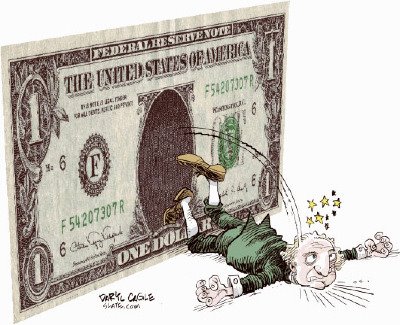Estonian deflation helps euro adoption target
 Tallinn - Consumer prices in Baltic state and European Union member Estonia dipped for a fifth straight month in September, according to figures released Monday.
Tallinn - Consumer prices in Baltic state and European Union member Estonia dipped for a fifth straight month in September, according to figures released Monday.
"The consumer price index decreased 1.6 per cent in September 2009 compared to September of the previous year and 0.2 per cent compared to August 2009," said the Estonian national statistics office.
In August inflation stood at minus 0.9 per cent.
The biggest price reductions came in the areas of food (minus 6.6 per cent) and transport (minus 5.5 per cent).
Martin Lindpere, an economist with the Estonian central bank, said falling inflation meant Estonia was on the verge of meeting one of the key Maastricht criteria governing adoption of the euro as the national currency.
"Estonia will fulfil the Maastricht inflation in October or November, when twelve-month average inflation will fall below the 1.5 per cent growth level," he said.
Violeta Klyviene, a Baltic analyst with Danske Bank said the fall was slightly larger than expected and was part of a growing deflationary trend.
"It seems obvious to us that the downward price pressures will prevail this year as domestic demand is expected to slow down further," she said. "Deflationary pressure is likely to continue in the first half of 2010 and average deflation is expected to be around 0.8 per cent year-on-year for the whole year."
Prices is Estonia have now been falling since May. Inflation has dropped sharply since June 2008 when it peaked at 11.4 per cent.
With prices now seemingly under control, the government of Prime Minister Andrus Ansip is keen to join the eurozone as quickly as possible with 2011 the target date.
However, he still needs to push through parliament a hard-hitting austerity budget and convince the European Union that his figures add up to stay on track for the euro.
After a decade-long boom fuelled by cheap credit and a housing market bubble, the small Baltic republic of just 1.3 million people is suffering one of the European Union's deepest recessions. (dpa)